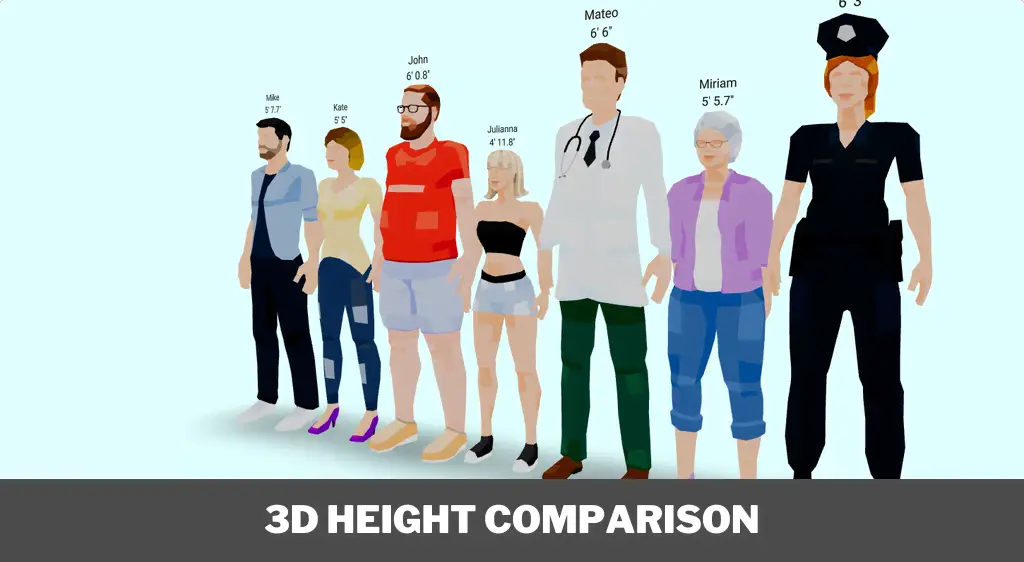Welcome to
https://cassinozer.com
, your ultimate destination for online gaming in France. Here, every spin, card, and roll is a chance to experience excitement and potentially win big. Our casino offers a sophisticated environment with a wide array of games to cater to every taste and preference.
Exceptional Game Selection: At Casino, we pride ourselves on providing a diverse game portfolio. Whether you’re drawn to the classic appeal of fruit machines, or you prefer the strategic depth of poker, our games are designed to entertain and impress. Partnering with renowned game developers, we ensure a thrilling gaming experience with fair outcomes.
Lucrative Bonuses and Promotions: Start your journey with us with a heart-warming welcome package that significantly boosts your first deposits. Stay engaged with our ongoing promotions, which include cashback offers. We believe in rewarding our players generously to enhance their gaming sessions and increase their chances of winning.
Unmatched Security Framework: Security at Casino is uncompromising. We utilize sophisticated security technologies to protect all transactional and personal data. Our commitment to privacy and security is paramount, ensuring a safe and secure environment for all our players.
Dedicated Support Team: Our support staff at This Casino is exceptionally knowledgeable. Available 24/7 through various channels including live chat, email, and phone, they provide attentive support to resolve any issues you might encounter or answer any queries you may have.
Optimized for Mobile Gaming: Play your favorite games on-the-go with our state-of-the-art mobile platform. Whether on a smartphone or tablet, Our Casino delivers a flawless gaming experience, accessible anywhere and anytime.
Why Our Casino Stands Out in France:
Variety of Games: A vast selection that keeps you coming back for more.
Player Incentives: Regular rewards that make every game more exciting.
Security Assurance: Your data is protected with iron-clad security.
Round-the-Clock Support: Because your gaming experience should never be interrupted.
Step into the world of
https://cassinozer.com
where luxury gaming meets the comfort of your home. With Casino, you're not just playing; you're embarking on a journey of thrill and luxury. Sign up today and transform the way you play!


